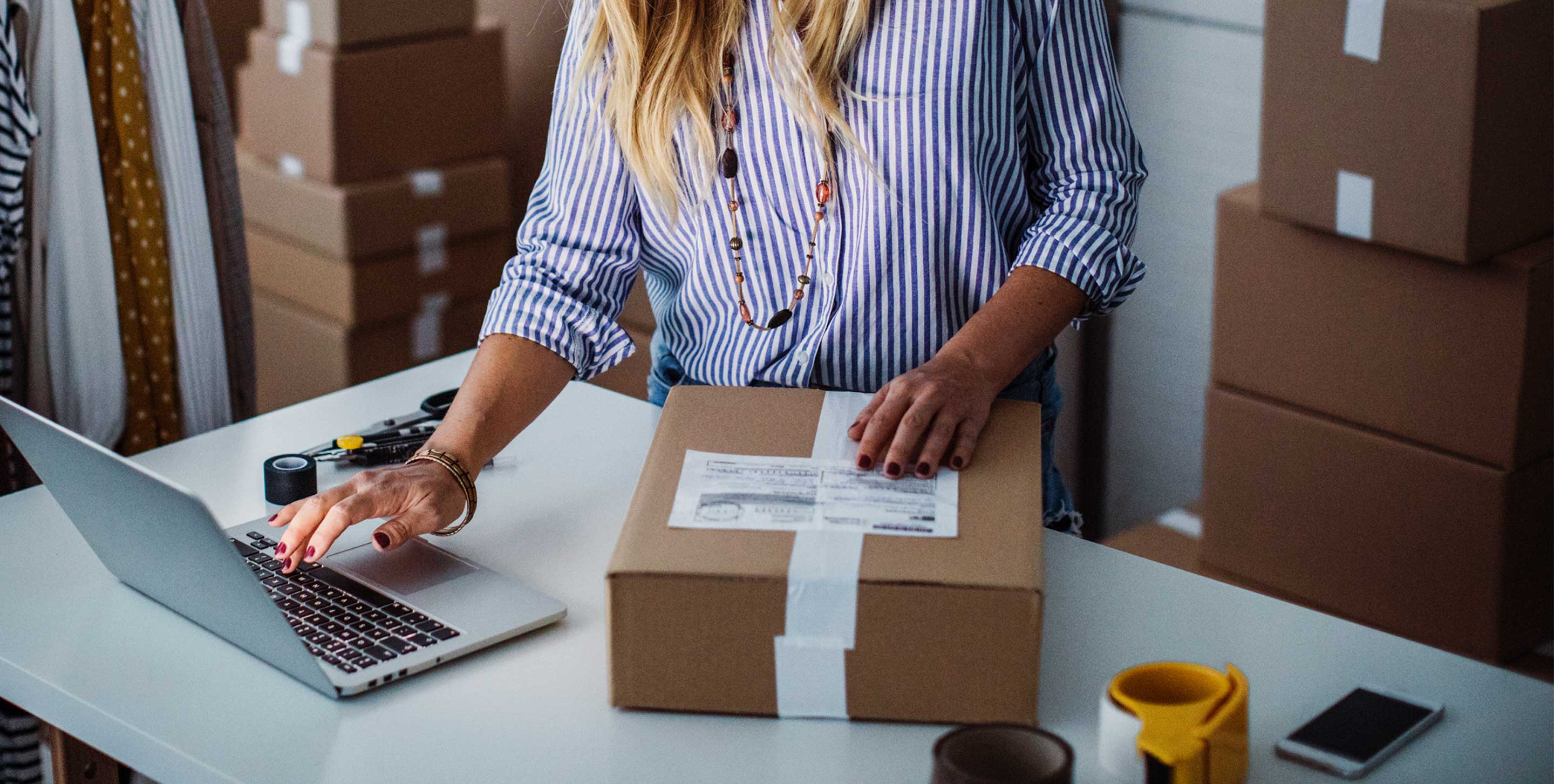The universe of fees levied by tax authorities is expanding. Three years ago, Vertex supported about 400 fees. Today, our software supports approximately 1,400. Retail delivery fees, pioneered by Colorado in 2022, are a relatively new addition to state and local fee programs. Tax groups will want to get acquainted with Minnesota’s new retail delivery fee, which went into effect last July. This model legislation is enabling other states to raise needed road and transportation funds along this lucrative revenue stream
Here are some “highlights” of Minnesota’s rules:
- A fee of 50 cents applies to certain transactions involving delivery to persons located in the state. The fee applies to tangible personal property that’s subject to sales tax, as well as clothing, for charges of $100 or more. Calculation of the $100 threshold involves several factors, including Minnesota sourcing rules; it applies once per transaction, regardless of the number of shipments.
- Certain retailer exclusions apply, on the basis of income. Retailers with sales of less than $1 million in the previous calendar year are excluded, as are marketplace facilitators with retail sales of less than $100,000.
- Certain items are exempt from the retail delivery fee, including drugs, medical devices, accessories and supplies; food, food ingredients and prepared food; and items delivered electronically. There is also a rather intricate set of rules for exemption of certain baby products.
Now, let’s get to the “lowlights.” As a recent Tax Foundation article points out, retail delivery fees generate substantial challenges for taxpayers already contending with the burden of sales tax compliance. Large retailers may have the budget to absorb the additional costs, “but smaller retailers would find the additional compliance and reporting obligations overly burdensome, which could impact investment and hiring decisions.”
However, what started with Colorado and Minnesota has now expanded to more than 12 states. According to the National Conference of State Legislatures (NCSL), more states are eying putting a fee on retail deliveries to supplement the over-reliance on gas tax revenues. These fees help fund highways, bridges, tunnels, electric vehicle charging stations, pollution reduction initiatives, and the electrification of vehicle fleets and transit systems.
Recently, Bloomberg reported that as many [a]s many as 12 states are also considering levies on the surging volume of packages delivered to consumers’ doorsteps. However, as this article indicates, there is growing resistance to this delivery fee or “Doorstep taxes.” Many in the tech industry-funded group Chamber of Progress, a group comprised of retailers and delivery-service industry participants, call it a double tax on consumers that hurts both families and workers.
You can read the details of Minnesota’s new retail delivery fee at the state’s Department of Revenue website.

